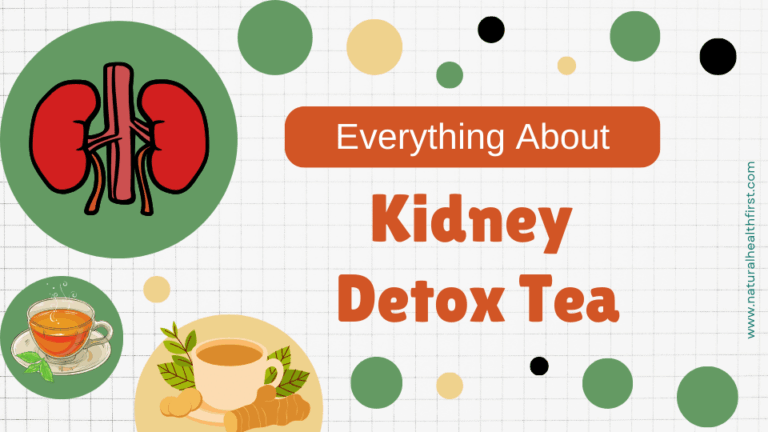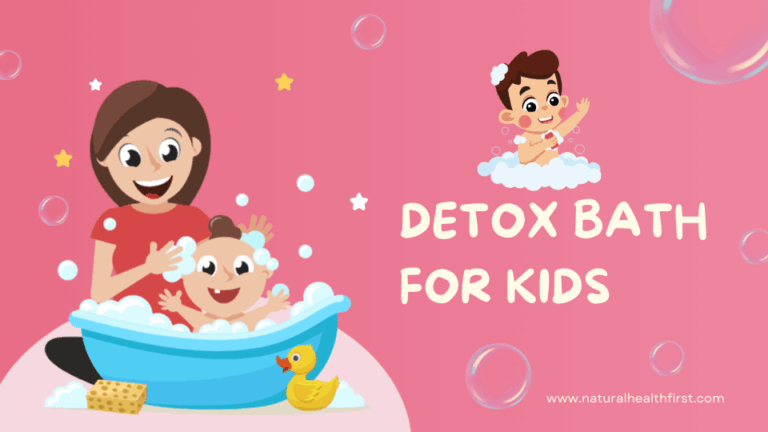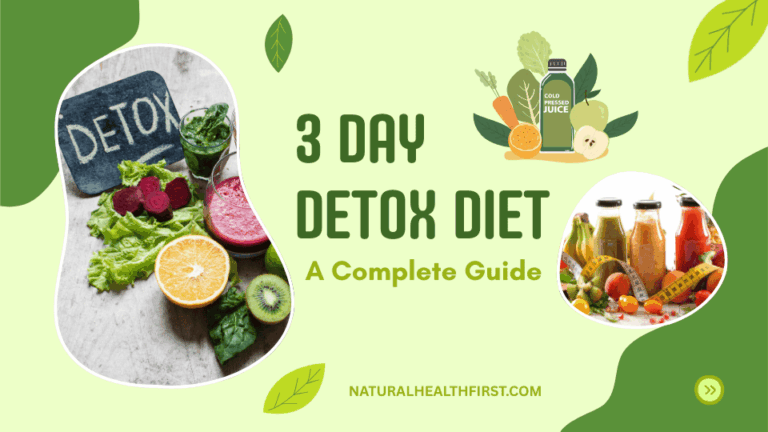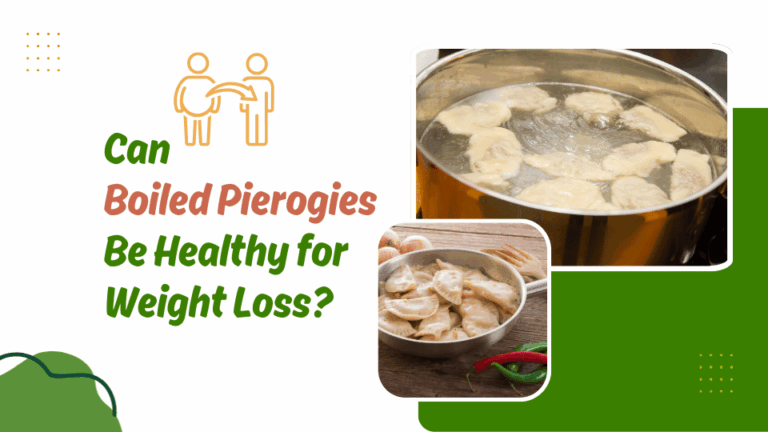Detox cleansing tea has exploded as a wellness trend, promoted for everything from rapid weight loss to immune support and glowing skin. Is it worth the hype, or just another fleeting fad? This comprehensive guide reveals the science, the best ingredients, benefits, risks, smart comparisons, and surprising facts about detox cleansing tea—plus tips for incorporating it into a healthy, balanced lifestyle.
Detox Cleansing Tea: What Is It, Really?
Detox cleansing tea refers to herbal blends specially designed to help the body’s natural detoxification systems. Unlike regular green or black teas, these blends often contain ingredients meant to support liver and kidney function, boost metabolism, and promote gut health.
Common detox tea ingredients:
| Ingredient | Key Benefit |
|---|---|
| Green Tea | Boosts metabolism, high in antioxidants |
| Ginger Root | Improves digestion, reduces inflammation |
| Dandelion Root | Supports liver detoxification |
| Lemongrass | Calming, helps digestion |
| Peppermint | Relieves bloating and gas |
| Milk Thistle | Protects liver health |
| Turmeric | Anti-inflammatory, antioxidant-rich |
| Fennel Seeds | Aids digestion, reduces bloating |
Note: Not all detox teas are created equal—a quality formula should focus on natural herbs, not synthetic laxatives or harsh chemicals. For a deeper dive into cleansing foods and diets, check out our popular 3-day detox diet.
How Detox Cleansing Teas Work—Science and Physiology
While your liver, kidneys, lungs, lymph, and skin already detoxify your body around the clock, some herbs in detox teas can support this process by:
- Increasing urine flow and thus helping eliminate water-soluble waste
- Stimulating bile production for fat digestion and toxin removal
- Providing antioxidant support to neutralize free radicals
- Encouraging gut motility for regular bowel movements
- Reducing inflammation
However, there is limited scientific evidence that detox cleansing tea removes “toxins” beyond what a healthy lifestyle already accomplishes.
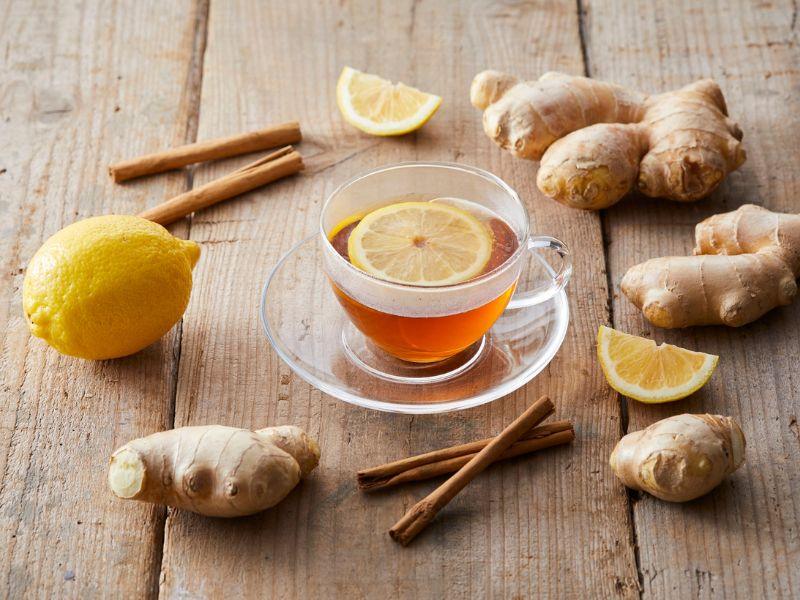
Claimed Benefits of Detox Cleansing Tea
1. Supports Weight Management
Many teas, especially green tea and oolong, contain compounds that boost fat oxidation. Drinking detox tea regularly helps curb cravings and promotes natural calorie burning.
2. Improves Digestion
Ingredients like peppermint, fennel, and ginger soothe bloating and help in breaking down food.
3. Enhances Liver Function
Herbs such as dandelion root and milk thistle are proven liver cleansers that support detoxification.
4. Reduces Inflammation
High in antioxidants, detox teas can reduce inflammation and oxidative stress in the body.
5. Boosts Energy & Mental Clarity
Unlike heavy caffeine drinks, detox teas provide a clean, sustained energy. Mental clarity often improves as well, which aligns with studies on changing seasons and mental health.
Explore more plant-powered detox choices at our detox category.
Potential Risks and Side Effects
Not all detox cleansing teas are gentle or safe for everyone. Some risks and side effects include:
- Overuse of natural laxatives (senna, cascara) can cause dehydration, diarrhea, cramps, and dependence
- High caffeine blends may lead to headaches, insomnia, or anxiety
- Allergic reactions to herbal ingredients
- Potential interactions with prescription drugs, especially those that affect the heart, blood pressure, or kidneys
- Abuse of “detox” teas in pursuit of weight loss can lead to electrolyte imbalance
Pregnant and breastfeeding women, or those with chronic illness, should consult a healthcare provider before using these teas. For a safe, holistic approach to health, read articles in our diet and nutrition section.
How to Make Detox Cleansing Tea at Home
Making your own detox cleansing tea ensures freshness and control over ingredients.
Basic Recipe
- 1 tsp dandelion root
- 1 tsp ginger slices
- ½ tsp fennel seeds
- 2 cups boiling water
Instructions:
- Add ingredients to a teapot.
- Pour hot water and steep for 10 minutes.
- Strain and enjoy warm.
Optional Additions
- A squeeze of lemon for vitamin C
- A pinch of turmeric for extra antioxidants
- Honey for mild sweetness
Best Times to Drink Detox Cleansing Tea
- Morning: Jump-start metabolism and improve digestion.
- Midday: Reduce bloating and afternoon fatigue.
- Evening: Calming blends like chamomile aid relaxation and sleep.
Many people combine detox teas with a balanced diet from the diet & nutrition category for best results.
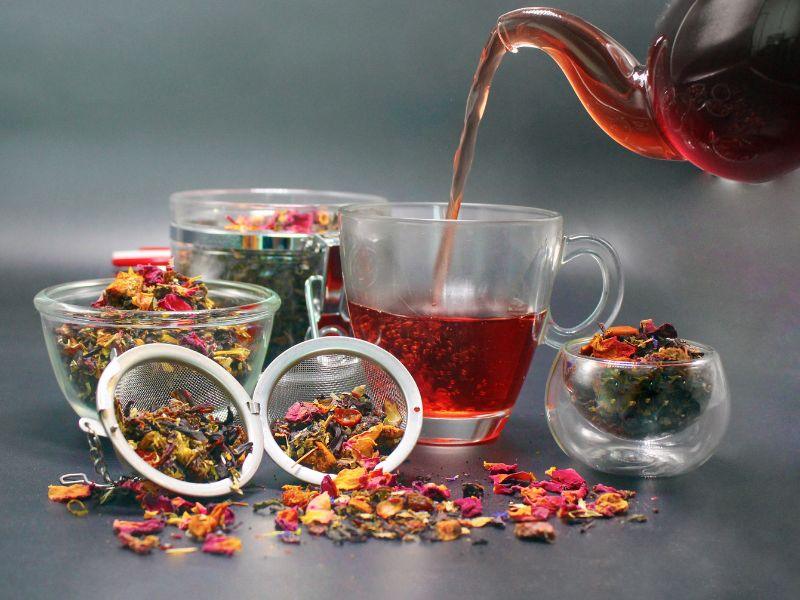
Who Should Drink Detox Cleansing Tea?
Detox cleansing teas are suitable for most adults, especially those experiencing:
- Digestive issues (bloating, gas, constipation)
- Fatigue or low energy
- Inflammation or chronic stress
- Weight management struggles
However, pregnant women, breastfeeding mothers, and people with specific medical conditions should consult a doctor before starting a detox program.
Common Detox Cleansing Tea Ingredients and Their Purported Effects
| Ingredient | Main Benefit | Cautions |
|---|---|---|
| Dandelion root | Liver, kidney support | May cause allergies |
| Milk thistle | Liver antioxidant | Mild GI upset |
| Green tea | Boosts metabolism, antioxidant | Caffeine content |
| Ginger | Anti-inflammatory, digestion | None for most |
| Senna | Laxative, eases constipation | Dependence, cramps |
| Peppermint | Soothes digestive tract | Heartburn in some |
| Fennel | Reduces bloating | Not for pregnancy |
| Turmeric | Anti-inflammatory, gut health | Interacts w/ some meds |
Detox Cleansing Tea and Weight Loss: Hype vs Reality
Many detox teas promise rapid weight loss. While users may experience quick scale drops, these effects are often due to:
- Water loss from diuretics
- Laxative-induced bowel emptying
- Temporary appetite suppression from caffeine
Real talk: These are not signs of true body fat reduction and may be harmful if overused. Sustainable weight management comes from holistic nutrition and lifestyle habits.
See how a full food-based cleansing plan compares in our 3-day detox diet guide.
Who Uses Detox Cleansing Teas? Surprising Data and Trends
- Google searches for “detox tea” have tripled since 2018, peaking in January and after holiday seasons.
- In a 2025 international survey, 64% of detox tea buyers are women aged 18–40, and 81% use tea as part of other health or dietary routines.
- 29% report using detox teas specifically for digestive complaints or occasional bloating; 22% for “cleansing” after junk food splurges.
Everyday Detox: Smart Habits That Work
Detox teas may offer a wellness boost, but they work best as part of an integrated approach:
Combine with:
- Hydrating with water and herbal teas
- Eating high-fiber foods, fruits, and vegetables
- Limiting processed food, sugar, and alcohol
- Getting enough sleep and physical activity
For a holistic approach to seasonal mental and physical wellness, see tips in how changing seasons impact human mental health.
Types of Detox Cleansing Teas
1. Green Tea Detox
Rich in catechins, boosts fat oxidation.
2. Herbal Detox Tea
Mix of peppermint, fennel, ginger—great for digestion.
3. Dandelion Tea
Supports liver cleansing and detoxification.
4. Lemon-Ginger Tea
Promotes digestion and immunity.
5. Turmeric Detox Tea
Reduces inflammation and provides antioxidants.
Making a Safe Choice
- Organic, third-party tested teas are safest.
- Avoid teas with “proprietary blends” that list only laxatives or stimulants.
- The best detox teas emphasize herbs like ginger, milk thistle, and dandelion—NOT just senna or cascara.

Best Practices for Using Detox Cleansing Tea
- Drink as directed, no more than once or twice daily.
- Stop if you notice diarrhea, cramping, or palpitations.
- Read all labels—natural doesn’t always mean safe for all.
- Adjust daytime use if teas are caffeinated to avoid insomnia.
- Rotate different blends to avoid overexposure to any one herb.
Detox Cleansing Tea vs. Other Detox Methods
| Method | Main Mechanism | Duration | Risks | Evidence |
|---|---|---|---|---|
| Detox Cleansing Tea | Herbs, diuretic/lax. | Days–weeks | Dehydration, GI upset | Modest/limited |
| Juice Cleanse | Fruit/veg only diet | 3–7 days | Low protein, sugar | Mixed |
| Water Fast | No food, only water | 1–7 days | Starvation, dizziness | Not recommended |
| Balanced Diet + Tea | High fiber, nutrients | Ongoing | Safe, sustainable | Supported |
Are Detox Cleansing Teas Right for You?
You may benefit if you:
- Experience mild, occasional bloating or sluggish digestion
- Want to encourage daily “self-care” rituals
- Seek a flavorful, calorie-free drink during meal times
You should avoid if you:
- Have a history of kidney, liver, or GI disease
- Are pregnant or breastfeeding
- Rely on multiple medications that may interact with herbal compounds
Surprising Facts
- Popular detox teas have ranked among Amazon’s top 50 bestselling wellness products for five years.
- The “28-day teatox” trend peaked in 2023, but most health professionals now recommend intermittent or short-term use only.
- 47% of first-time detox tea buyers said marketing claims influenced their decision; only 12% cited physician recommendation.
Need expert advice and smarter strategies? Review key articles in our detox category.
The Final Word: Science-Backed Cleansing with Balance
Detox cleansing tea can be a pleasant, beneficial addition to your wellness toolkit—when chosen mindfully and used as part of a balanced routine. With natural herbs and botanicals, you may boost digestion, increase hydration, and reinforce other healthy habits. However, no tea can outdo the power of quality food, regular sleep, and daily activity.
Curious about integrating teas and nutrition for longer-term wellness? Explore our diet and nutrition content for holistic routines that nurture body and mind.
Drink smart, stay hydrated, and remember: there are no short-cuts to genuine health—but with the right tools, you can enjoy the journey with every sip.
FAQs – Frequently Asked Questions
What is detox cleansing tea?
Detox cleansing tea is a blend of natural herbs and teas designed to support digestion, flush out toxins, and improve overall well-being. It often includes ingredients like green tea, ginger, dandelion root, and lemongrass.
Does detox cleansing tea really work?
Detox cleansing tea can help promote hydration, improve bowel regularity, and support the liver’s natural detoxification process. While it’s not a miracle cure, combining it with a balanced diet and active lifestyle enhances its effectiveness.
Can I drink detox cleansing tea every day?
Most detox cleansing teas are safe for daily use in moderation. However, it’s important to read the ingredient list carefully. Overuse or strong laxative herbs may lead to dehydration or digestive discomfort.
What are the benefits of detox cleansing tea?
The benefits of detox cleansing tea include aiding digestion, boosting metabolism, reducing bloating, increasing hydration, and providing antioxidants. Some blends also promote better sleep, mental clarity, and improved skin health over time.
Are there any side effects of detox cleansing tea?
Some detox teas contain strong laxatives or diuretics, which may cause cramps, diarrhea, or dehydration. Pregnant women, nursing mothers, and individuals with medical conditions should consult a doctor before using detox teas.
How long should I drink detox cleansing tea for results?
Many people notice benefits like reduced bloating and improved digestion within a week of drinking detox cleansing tea. For best results, it should be consumed as part of a balanced lifestyle rather than a quick fix.



